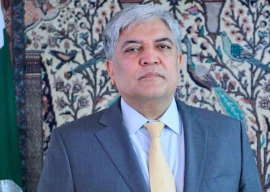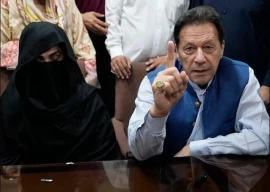
To some analysts, familiar with diplomatic protocol, the question of a blown cover of a CIA official and the US finger pointing at the ISI have come as a surprise — even a subterfuge — because the identity of the station chief of a foreign intelligence agency in a host country is a generally known fact. This is because among ‘friendly’ embassies there is a routine and a standing practice to station an intelligence representative for the purpose of liaison and cooperation on an exchange basis. The purpose is to speed up agency-to-agency, two-way intelligence flow, circumventing delays caused by diplomatic red tape. This is with full knowledge of the host country and the privilege is extended with the proviso that it would not to be adversely exploited by conducting clandestine acts that compromise interests of the host country. In that context, Mr Banks’ identity and status were no secret. He would have been known to hundreds of officials in that capacity and to journalists as well, whose unique knowledge of the ground situation makes them a legitimate and lucrative source for intelligence gathering, particularly for an American severely restricted by the hostile environment of the Pakistan-Afghanistan border area.
So if a journalist knew and gave Banks’ name to the lawyer of a man seeking justice for the loss of his close relatives in a drone attack, the US tirade targeting the ISI for causing the security lapse, certainly emerges as a case of overreaction.
Besides, the pressure for him to leave was caused, in large part, by America’s drone campaign because the threats to Mr Banks emanated in that respect as well. Hence, the US would do well to look into its own backyard for reasons that forced Mr Banks to pack up in such haste from Islamabad, instead of venting his frustrations on Pakistan.
Published in The Express Tribune, December 26th, 2010.
1737199326-0/fizza-(15)1737199326-0-405x300.webp)
1737192425-0/Untitled-design-(18)1737192425-0-165x106.webp)
1737194485-0/fizza-(14)1737194485-0-165x106.webp)
1737191559-0/Untitled-design-(17)1737191559-0-165x106.webp)
1737189589-0/Untitled-design-(16)1737189589-0-165x106.webp)








1732012115-0/Untitled-design-(14)1732012115-0-270x192.webp)





COMMENTS (6)
Comments are moderated and generally will be posted if they are on-topic and not abusive.
For more information, please see our Comments FAQ